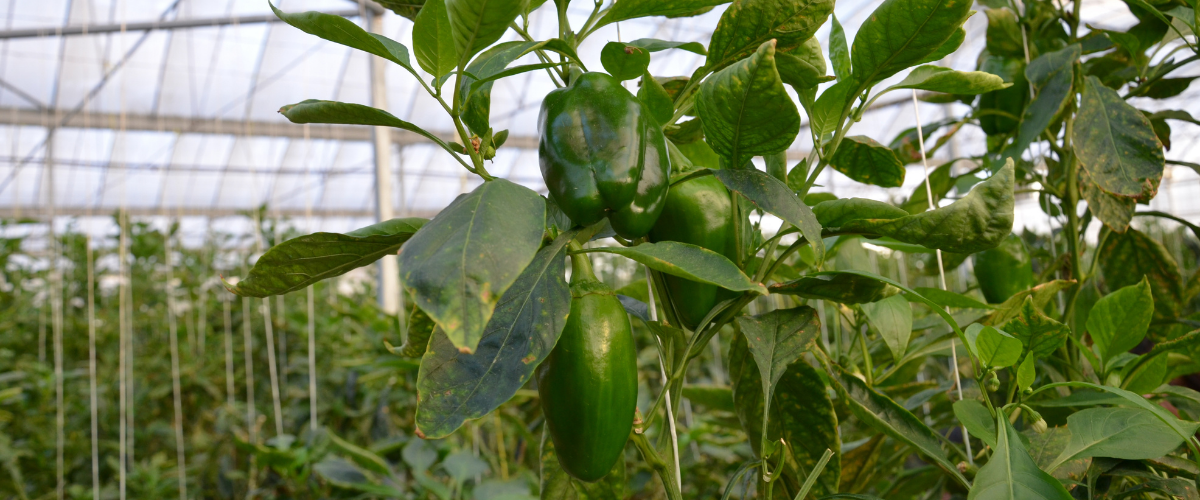
Soil health trial leads to quality capsicums in SA
22 February 2022Final report: National tomato potato psyllid (TPP) program coordinator
23 February 2022High-technology horticulture is being implemented in urban areas internationally to serve a variety of purposes including economic development, community engagement and environmental benefits. Systems include vertical farm systems, container farms, glasshouses, and nearly fully automated production.
Amongst the global landscape, Australia has been slow to take up high-technology urban horticulture due to several barriers including high initial capital investment, zoning limitations, lower population densities and lack of experience in the industry. However, there is growing interest in Australia as to how high technology horticulture in an urban environment could complement existing production systems.
- This project has assessed new and emerging technology and its application in the Australian urban landscape to:
Assess the feasibility of high technology horticulture in urban Australian considering technology
opportunities, regulatory and planning factors, farm input and waste management and the supply chain - Identify key opportunities and challenges relating to environmental and social benefits
- Recommend how the Australian horticulture industry can realise opportunities and build the capacity of
this sector.
Approach
Assessing the feasibility of High Technology Urban Horticulture (HTUH) in Australia has included:
- Review of current literature on HTUH in Australia and internationally
- Modelling of potential systems and their applicability in Australia
- Economic analysis of systems and assessment of how changes to cost and revenue impact on the
profitability of these systems - Consultation with industry stakeholders to inform the modelling and economic analysis.
The information derived from these activities has been analysed and discussed within this report to develop
recommendations on action required to drive HTUH activity in Australia.
